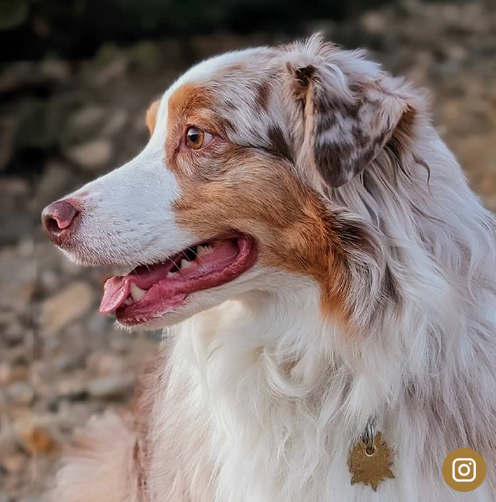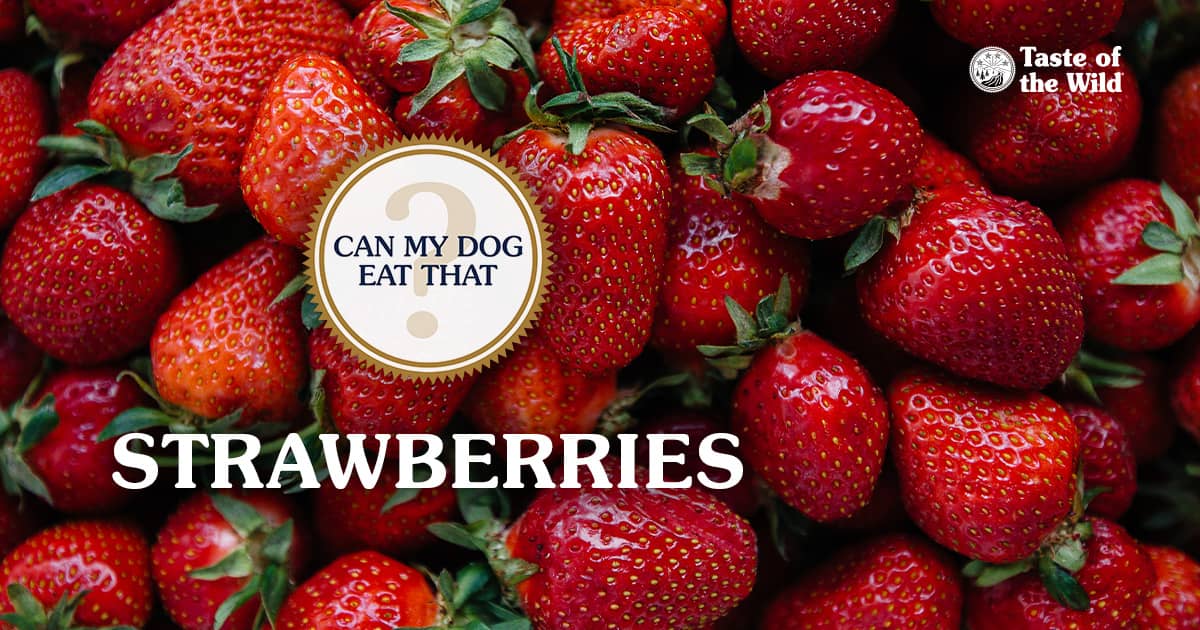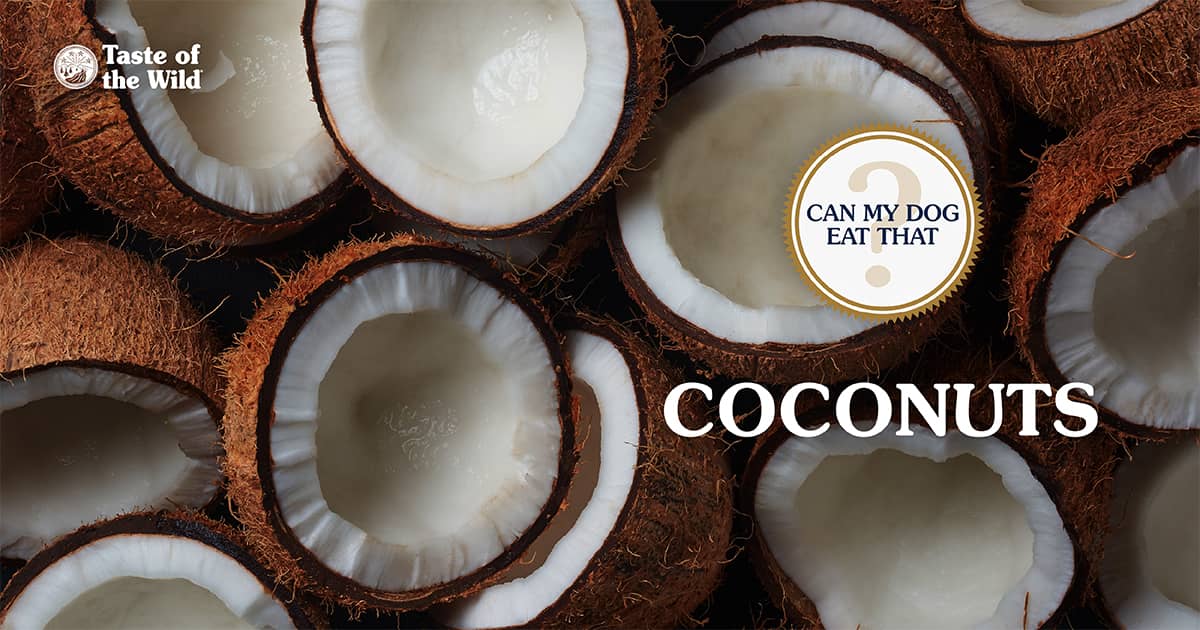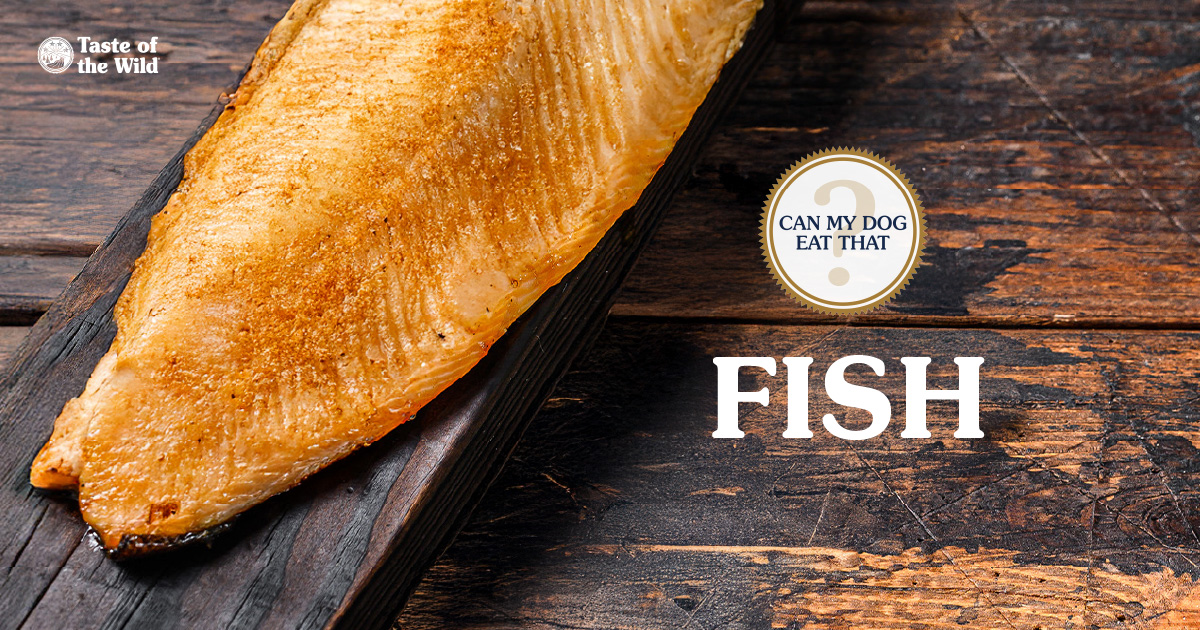Can My Dog Eat That? Peas
Thursday, May 5, 2022 | Can My Dog Eat That

Welcome to “Can My Dog Eat That?,” our new series that answers some obvious (and not-so-obvious) questions about what your dog can and can’t safely eat. Read on!
Yes, most dogs likely can eat most peas (with a few caveats).
In fact, peas, much like carrots and other vegetables, pack such a nutritional punch that they’re quite popular ingredients in pet food. Loaded with carbohydrates, fiber, antioxidants and protein, peas are good additions to pet foods. A single serving of peas provides nearly the entire daily portion of amino acids a dog needs. Some studies even suggest that if peas are the primary source of carbohydrates in an obese dog’s diet, the dog’s insulin levels might be lowered.
If you’re considering offering your dog peas as an additional snack outside of the dog food bag, they are indeed a great option in moderation. Green peas and snow peas are perfect little treats for most dogs because they’re not only nutritious but small like kibble, so there’s low choking danger.
Not All Peas Are Sweet Options
Here’s the caveat: Sweet peas — the flowering, nonedible plant that isn’t a vegetable — should always be avoided. Sweet peas contain a toxin called aminopropionitrile, which can cause weakness, lethargy, seizures and even death. Even a single sweet pea contains enough aminopropionitrile to make your dog seriously ill. If you suspect that your dog has ingested aminopropionitrile or any other poison, call the Pet Poison Helpline IMMEDIATELY at (855) 764-7661.
Serving Them Up
When serving your dog peas, always make sure that they are shelled. The shells can crack in your dog’s mouth and become a choking hazard. But once free of their shelled prisons, snow peas are safe to eat.
You can feed them fresh peas one-by-one as treats, add a few cooked peas to your dog’s regular food to dress it up a bit, or even add a tiny dollop of blended peas to any meal. If you’re using frozen peas, make sure to thaw them completely as frozen peas can be hard to chew and could become choking hazards.
If your dog has kidney issues, peas should mostly be avoided, as peas contain uric acid, a substance that can cause kidney stones in dogs without fully functioning kidneys. And, as always, before changing your dog’s diet in any way, consult with your veterinarian. Every dog is different, and your veterinarian knows them better than anyone but you.
However you serve them, peas are a fine addition to most dogs’ diets.

RELATED POST: Can My Dog Eat That: A Guide by Taste of the Wild
The information in this blog has been developed with our veterinarian and is designed to help educate pet parents. If you have questions or concerns about your pet’s health or nutrition, please talk with your veterinarian.




